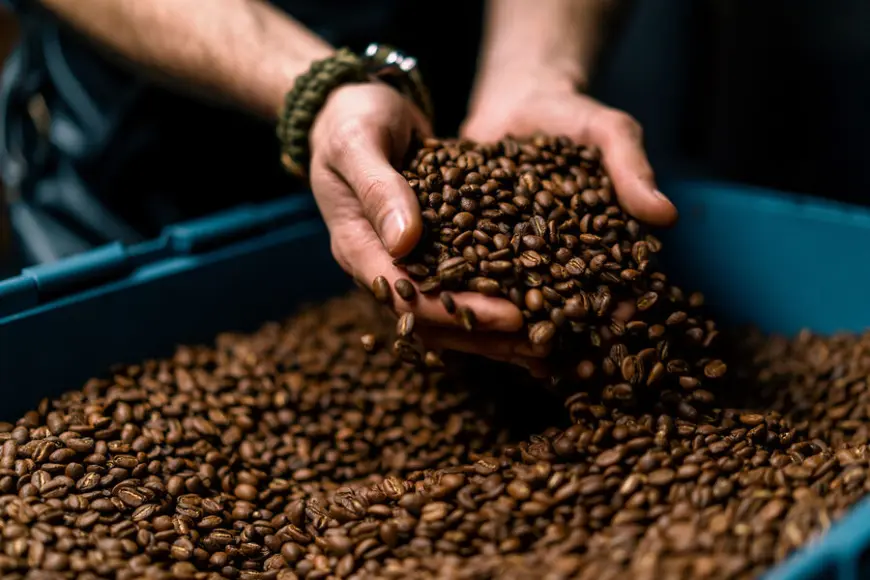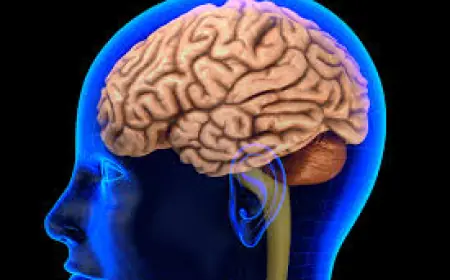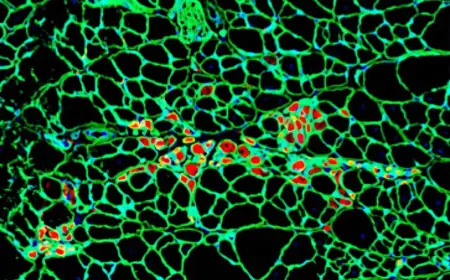Scientists Discover That Caffeine May Interfere with the Effectiveness of Antibiotics
Common dietary components, including caffeine, can subtly influence bacterial resistance to antibiotics. This conclusion was reached by researchers from the Universities of Tübingen and Würzburg. The findings were published in the journal PLOS Biology.

In their study, the scientists screened 94 different compounds — ranging from antibiotics and prescription drugs to food ingredients. They found that various dietary substances can systematically affect gene expression in Escherichia coli (E. coli) bacteria. These genes regulate the function of transport proteins, which determine which molecules enter or exit the bacterial cell.
Special attention was given to caffeine. The study revealed that caffeine activates a regulatory gene called Rob, which triggers a cascade of changes in E. coli’s transport system. As a result, the uptake of antibiotics — such as ciprofloxacin — is reduced, weakening their effect. The researchers described this interaction as antagonistic.
Interestingly, this effect was not observed in Salmonella enterica, a close relative of E. coli. Many serotypes of Salmonella enterica are known to cause diseases in humans, such as typhoid fever, paratyphoid, and salmonellosis. This suggests that even closely related microorganisms can respond differently to external influences — likely due to differences in their transport systems.
“Our data show that even simple compounds like caffeine can subtly yet consistently influence bacterial genes,” noted co-author Christoph Binsfeld.
The researchers emphasize that understanding non-genetic resistance mechanisms — those caused not by mutations but by behavioral adaptations of bacteria — could play a crucial role in developing new approaches to infection treatment and improving antibiotic effectiveness.



























